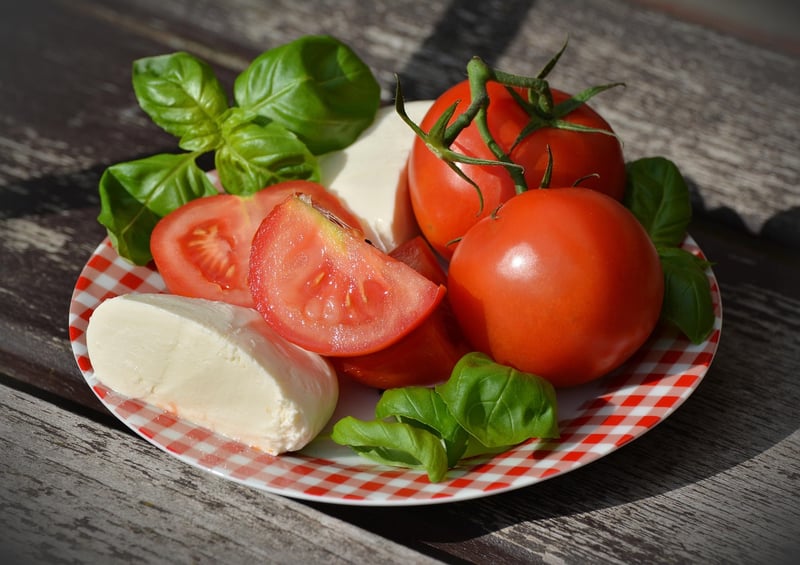Plant-Based Alternatives
Discovering Essential Elements in a Plant-Based Diet
The Basics of a Plant-Based Diet
A plant-based diet consists mainly of whole, unrefined plants such as fruits, vegetables, whole grains, nuts, and seeds. This diet is rich in essential vitamins, minerals, antioxidants, and fiber, offering numerous health benefits.
Key Elements of a Plant-Based Diet
1. Fruits and Vegetables
These colorful foods provide a wide range of vitamins, minerals, and antioxidants essential for overall health and well-being. Aim to include a variety of fruits and vegetables in your daily meals.
2. Whole Grains
Whole grains like quinoa, brown rice, oats, and whole wheat provide complex carbohydrates, fiber, and important nutrients. They help in maintaining energy levels and promoting digestive health.
3. Legumes and Beans
Legumes such as lentils, chickpeas, and black beans are excellent sources of plant-based protein, fiber, and iron. Including legumes in your diet can help meet your protein needs without relying on animal products.
4. Nuts and Seeds
Nuts and seeds are packed with healthy fats, protein, vitamins, and minerals. They make great snacks and additions to salads, smoothies, and dishes, adding both flavor and nutritional value.
Plant-Based Alternatives
Transitioning to a plant-based diet can be made easier with the availability of plant-based alternatives to traditional animal products. Here are some common substitutes:
1. Plant-Based Milk
Options like almond milk, soy milk, oat milk, and coconut milk offer dairy-free alternatives rich in calcium, vitamins, and minerals. These can be used in cooking, baking, or enjoyed on their own.
2. Plant-Based Meat
Brands offer plant-based burgers, sausages, and meatballs made from ingredients like soy, pea protein, or mushrooms. These alternatives mimic the taste and texture of meat while being cruelty-free and more sustainable.
3. Plant-Based Cheese
Cashew, almond, or soy-based cheeses provide dairy-free options for cheese lovers. These alternatives can be used in sandwiches, pizzas, or enjoyed on a cheese platter.
4. Plant-Based Proteins
Protein sources such as tofu, tempeh, seitan, and edamame offer plant-based alternatives to meat. They are versatile ingredients that can be used in a variety of dishes, from stir-fries to salads.

Embracing a plant-based diet with essential elements and incorporating plant-based alternatives can not only improve your health but also contribute to a more sustainable and compassionate lifestyle.
Make sure to consult with a healthcare provider or nutritionist before making significant changes to your diet.
